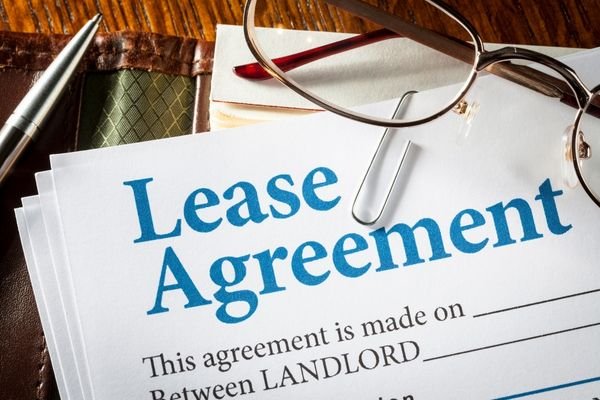Charlie Nicholls-Boyce
Solicitor in the Commercial Property Team
Charlie joined Nash & Co in January 2025 from a local firm, where he had completed his training contract and qualified as a solicitor. Charlie previously worked as a conveyancing solicitor before joining Nash as a commercial property solicitor. Charlie has started building his client base by, acting for large corporate occupiers, commercial and residential developers and local businesses.
Charlie Nicholls-Boyce
Charlie has extensive experience working in all areas within the commercial property sphere, and across the full spectrum of transaction values, with particular focus on:-
landlord and tenant work – acting for institutional landlords and corporate occupiers across the office, retail & leisure, and industrial sectors;
acquisitions and disposals – whether freehold or leasehold, multi-let or single assets;
secured lending – for all the major commercial lenders and several private lenders;
development work and site set-ups – in connection with both commercial and residential development sites;
management aspects associated with landlord and tenant matters – including licences to alter, rent deposit deeds, surrenders, licences to assign and sublet, options and pre-emptions.












